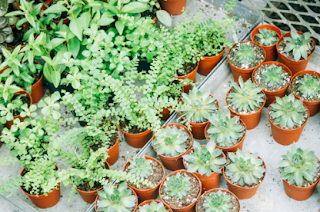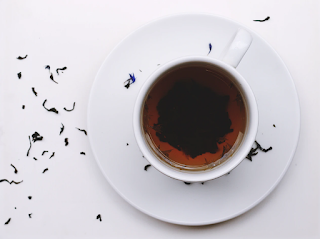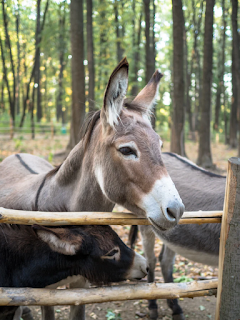Salibonani bangane. We hope you are enjoying exploring the blog and learning isiNdebele. Thank you to those in the community who have been asking and answering questions in the Community Questions tab and sending suggestions via email. For those who have asked for our little free Northern Ndebele Phrasebook booklet, if we missed your email, please remind us because the volunteer team try to send once a week but are only human, haha.
If you are new, as always, please start at the first post at the bottom and work your way up to this, the newest post. There are also several dozen lessons in the Lessons tab, if you would like to learn isiNdebele more formally.

Lamhla, we will talk about plants. There was a community question about the word "cena". Do you know what it is?
impoko - a flower blossom.
unyawolwenkukhu - the flame lilly, national flower of Zimbabwe and stunning blossom.
insewula - the first proper rainstorm of the season, ukusewula, the falling of rain is cool.
insaba - sun rays, also needed by plants.
isiphunzi - a tree stump.
igwenzi - a growth shoot on the tree stump.
isinde - a little new shoot from a tree or the ground.
isihlahlakazana - a shrub (or small tree, isihlahla).
umnyankomo - a soft goosegrass.
usezi - another type of grass.
umsingizane - rat's tail grass (there are lots of types of local grasses, tell me in the comments if you know more).
ichibi - a shallow pond (nice for the garden).
isiziba - a deeper pool in which maybe to swim, ukuntsheza.
umnondo - wild syringa or ash tree (not to be confused with inondo which is a moth worm).
umnyezane - a willow tree.
umsobo - a wild nightshade shrub.
uxakuxaku - a type of local tree that has a distinctive edible fruit (remember your soft x click sounds).
unyelele - a peeling bark ochna tree.
insango - a wild type of hemp.
isilimo - a grown crop (also, the spring).
isilimi - a farmer.
ikhuba - a hoe to dig with.
umqwente - a root crop.
isigelo - scissors or cutting shears.
isisesetho - a sieve you can use ukusesetha (to sift or winnow, leaving insetshe, the sediment, or umule, the chaff or husks).
ifotsholo - shovel.
umsele - a ditch you dig.
ubulongwe - fresh dung.
ilele - a ladder.
usiba - a feather (you might find one in the garden, from isisila, a bird's tail).
unyelele - a type of locust that is eaten.
umalusi - a shepherd (sort of related to gardening, more for herding izimvu, sheep).
umlondolozi - a keeper or protector, now I'm thinking of that Jerusalema song from covid lockdown times, londoloza is to take care of, isilonda is a wound, and isilondolozo is protective care.
umphothulo - mealies (corn) that are ground and boiled.
isitshwala - thick nice porridge.
ilambazi - thinner porridge.
isijeza - porridge with some melon flavour. Ok, now sengilambile (I am hungry), so better go eat.
If you know any other gardening related words in isiNdebele, leave them in the comments, there are lots more.
Kuhle, to get involved, please feel free to ask or answer some
community questions, or
contact us via northernndebeleblog@gmail.com.
Ikhotha eyikhothayo. For those reading here, "
cena" is a small aloe plant.















